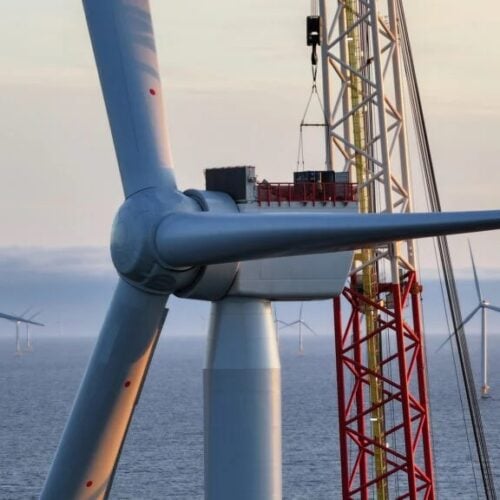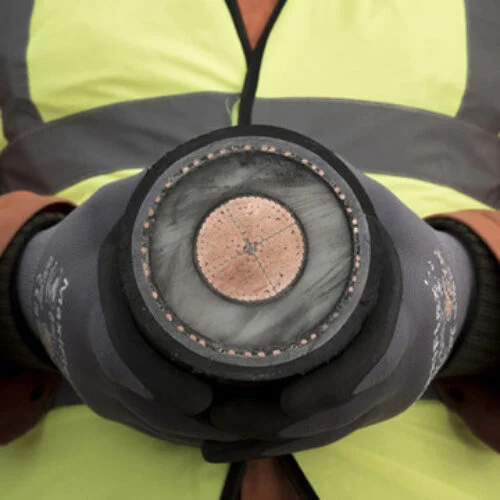A poll of UK members of parliament carried out by YouGov for the Energy and Climate Intelligence Unit (ECIU) shows that 94% of MPs support the target of net zero by 2050.
MPs support has increased since just before the general election, when a similar poll found 76% of the previous parliament’s MPs were in favour of the target. However, the most recent poll found that many are misinformed about the technologies necessary to achieving that goal.
About 31% of Labour MPs and 27% of all MPs thought “hydrogen can play a significant role in heating homes in the future”. Only 9% of all MPs said hydrogen would have no role in home heating; as Current± recently explored in a blog, the expense associated with green hydrogen means the technology is not suitable for residential applications.
When asked, MPs also showed some misconceptions around electric vehicles (EVs), with 42% believing the total ownership costs for an EV are higher than that of a petrol car. In reality, although upfront costs can be higher for EVs, petrol vehicles are more expensive to run thanks to the competitive charging tariffs available for EV drivers.
A further 39% also said that the UK’s electricity grid will not be able to cope with the demand created by the shift to EVs, something that National Grid has labelled a myth. The distributor estimated that if the switch to EVs happened overnight, demand would only increase by about 10%; since 2002, National Grid says the UK’s total demand has decreased by 16%.
Responding to the findings, John Whitby, Member of Parliament for Derbyshire Dales said that while most MPs now accept that reaching net zero is the only way to halt climate change, “many also see the global momentum towards net zero, through renewables, electric cars and heat pumps as the key economic growth opportunity of our times.”
He continued: “We all need to work hard to ensure our approach to this vital conversation is informed by expert opinion and led by the best available evidence. We have to get our facts right.”
The ECIU’s Alasdair Johnstone also noted that many MPs likely noticed the voting public’s swing towards greener policies in the last election.
He pointed out: “The public now expect delivery, and this is where it’s important MPs have their facts right. Growth was a major theme of the election and new MPs are definitely in-step with the public on what will deliver it, with renewables and clean tech topping the bill.”
The language used in parliament surrounding climate targets and the technologies that will help achieve them has vastly improved under Labour’s premiership, with Ed Miliband’s vocal support for solar developments a positive change for the industry.
Before the election, 70% of Conservative MPs supported the net zero target, a figure that has now reached 81%. Ahead of the election, artificial intelligence beat renewable energy and clean technology to be considered the best opportunity for growth. Post-election, 78% of MPs now consider the latter to be the better growth opportunity.






